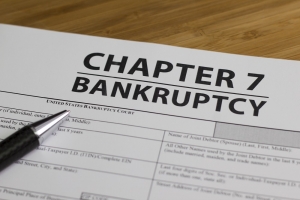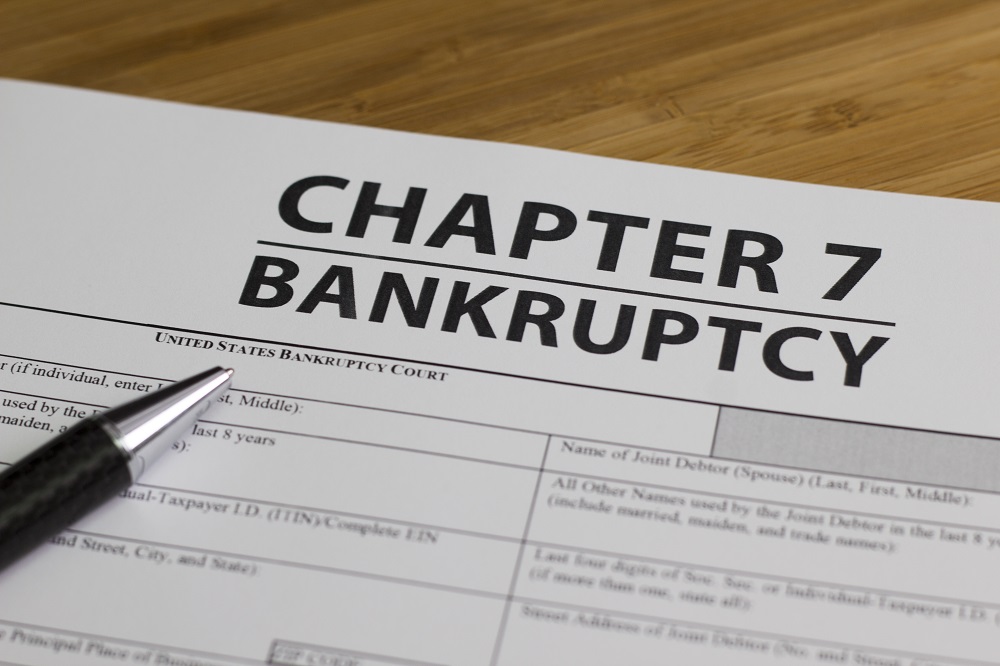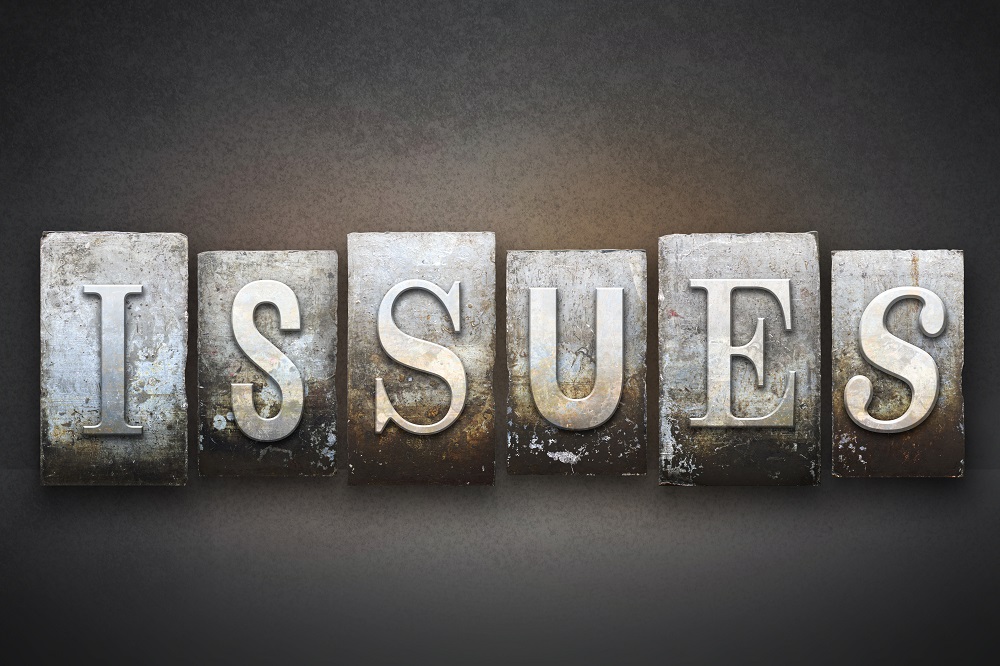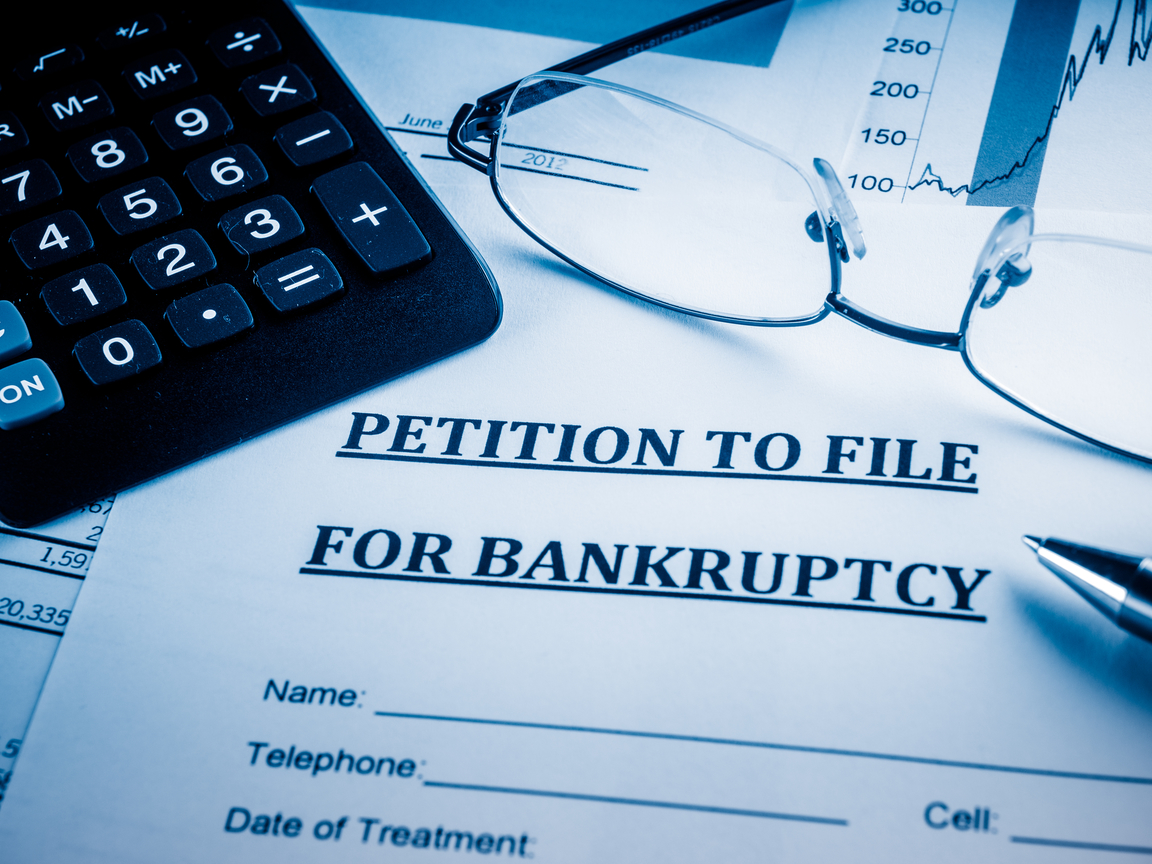How is Chapter 7 Bankruptcy Filed in Arizona?
 Are you discouraged because of financial challenges that you are facing? Do you feel like there is no hope for your financial future? You might be able to get a new start and get the relief that you need by filing Chapter 7 bankruptcy in Arizona. If your car payments and your mortgage payments are current, you can reaffirm those debts and keep that secured property if you wish. Filing a Chapter 7 bankruptcy gives you a fresh start by wiping the slate clean, so to speak. You the process underway by filing a voluntary petition for bankruptcy. Additional documentation and schedules must be filed as well. When you file a Chapter 7 bankruptcy, you are not repaying your debts as you would through a Chapter 13 bankruptcy, so you don’t have to file a repayment plan.
Are you discouraged because of financial challenges that you are facing? Do you feel like there is no hope for your financial future? You might be able to get a new start and get the relief that you need by filing Chapter 7 bankruptcy in Arizona. If your car payments and your mortgage payments are current, you can reaffirm those debts and keep that secured property if you wish. Filing a Chapter 7 bankruptcy gives you a fresh start by wiping the slate clean, so to speak. You the process underway by filing a voluntary petition for bankruptcy. Additional documentation and schedules must be filed as well. When you file a Chapter 7 bankruptcy, you are not repaying your debts as you would through a Chapter 13 bankruptcy, so you don’t have to file a repayment plan.
In a Chapter 7 filing, the trustee will take all your non-exempt assets and sell them using those proceeds to help pay down your outstanding debts. All procedures are followed according to the Bankruptcy Code. The federal laws regarding bankruptcy allow certain exemptions. Sometimes additional state laws come into play and allow further exemptions. Any property that is exempt must be properly reported on the schedules. This is property that you can keep and that cannot be taken and sold during the bankruptcy proceedings. You will need to consult with an Arizona Chapter 7 bankruptcy attorney to make sure a Chapter 7 bankruptcy is the right choice for you. You don’t want to lose property that you want to keep. An Arizona bankruptcy attorney will help you determine which kind of bankruptcy proceedings will benefit you.
What Do I Need to File Chapter 7 Bankruptcy in Arizona?
You will need to gather up a list of your debts and complete all the proper documentation before you file Chapter 7 bankruptcy. Without the proper documentation, your Arizona bankruptcy attorney cannot complete the necessary paperwork to file your Chapter 7 case. There are specific details that are necessary to file a Chapter 7 in Arizona. You will need proof of income, a list of your assets, a list of your debts, itemized monthly expenses, and details about your financial transactions exceeding a specific dollar amount in the weeks and months preceding your filing. In most cases, your attorney will ask you to complete a bankruptcy questionnaire and turn it in along with copies of your bills, copies of deeds, copies of paystubs, copies of bank statements, your driver’s license, Social Security card, and other documents regarding your financial situation.
Usually, most consumer debt is discharged through a Chapter 7 bankruptcy filing. However, there are some debts that are not forgiven when a Chapter 7 bankruptcy is discharged. As an example, any obligations for alimony or child support are not forgiven. You are still responsible for those debts. Most tax obligations and student loan debts are not forgiven either. As required by an Act that went into effect in 2005, you will be required to complete a two-hour bankruptcy course when filing Chapter 7 bankruptcy in Arizona. The credit counseling course that you take must be approved by the bankruptcy trustee. You will be given a certificate of completion, which must be filed with the court for your case to be discharged. The Department of Justice has a list of approved courses on their website.
How Do I File A Chapter 7 Bankruptcy Petition in Arizona?
If you are interested in pursuing Chapter 7 bankruptcy in Arizona, you should consult with an Arizona bankruptcy attorney. Because of the complexity of bankruptcy filings, you need an experienced attorney representing you to ensure your case proceeds successfully. Schedule your case evaluation today.




